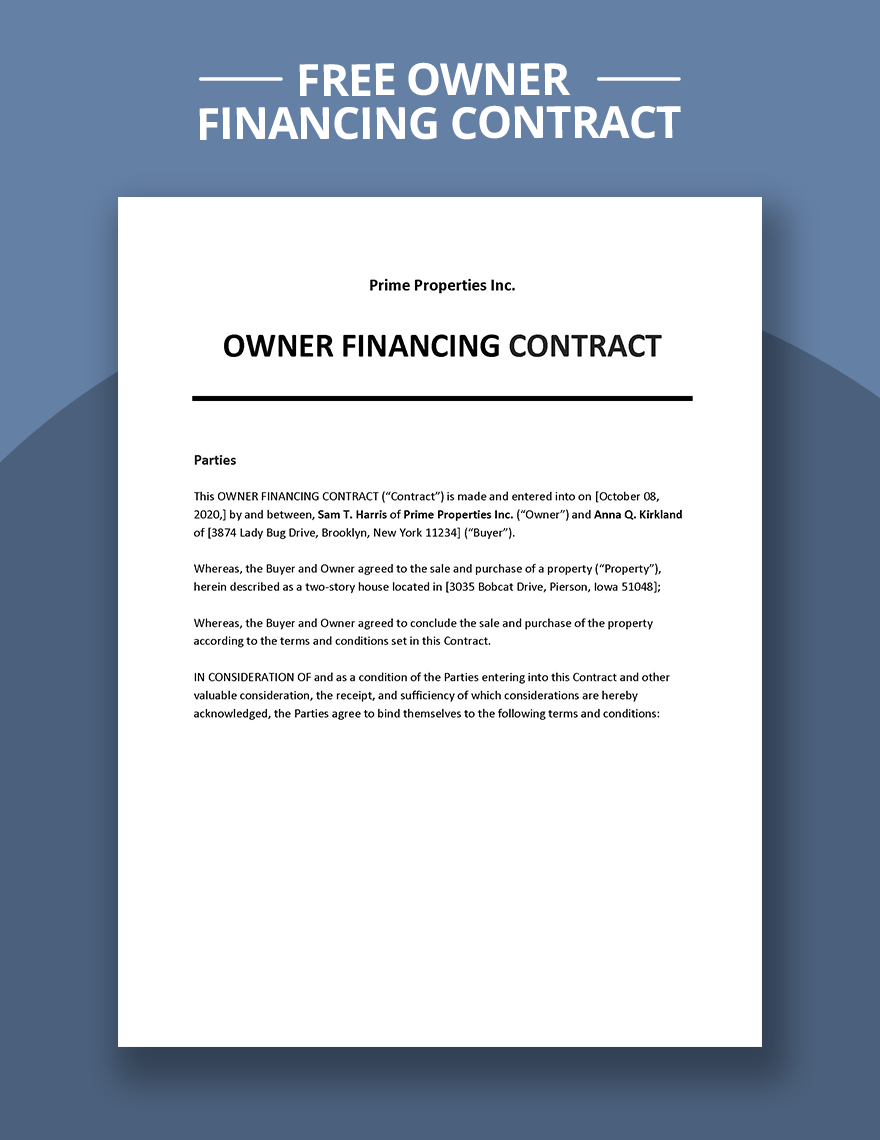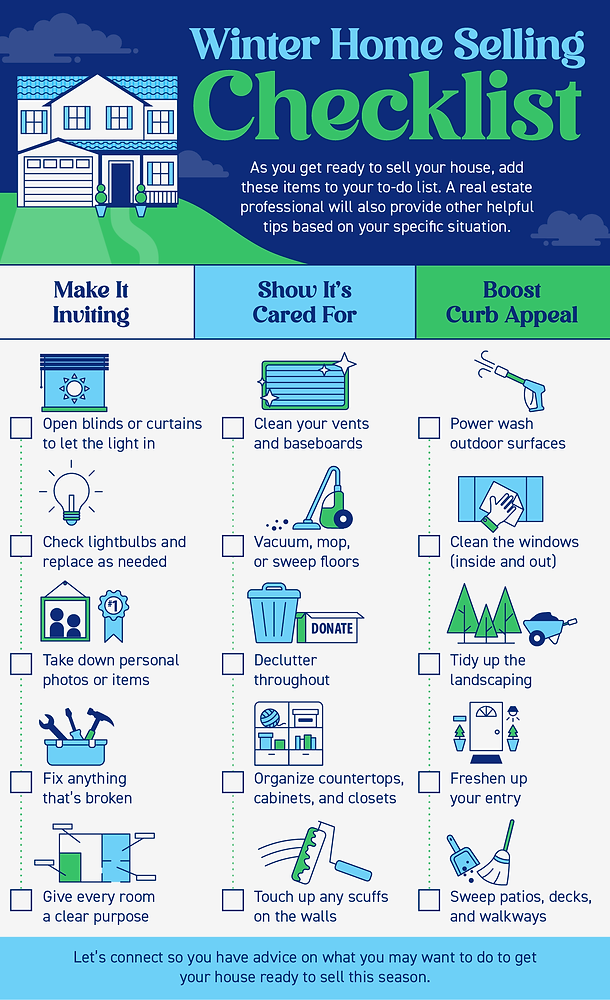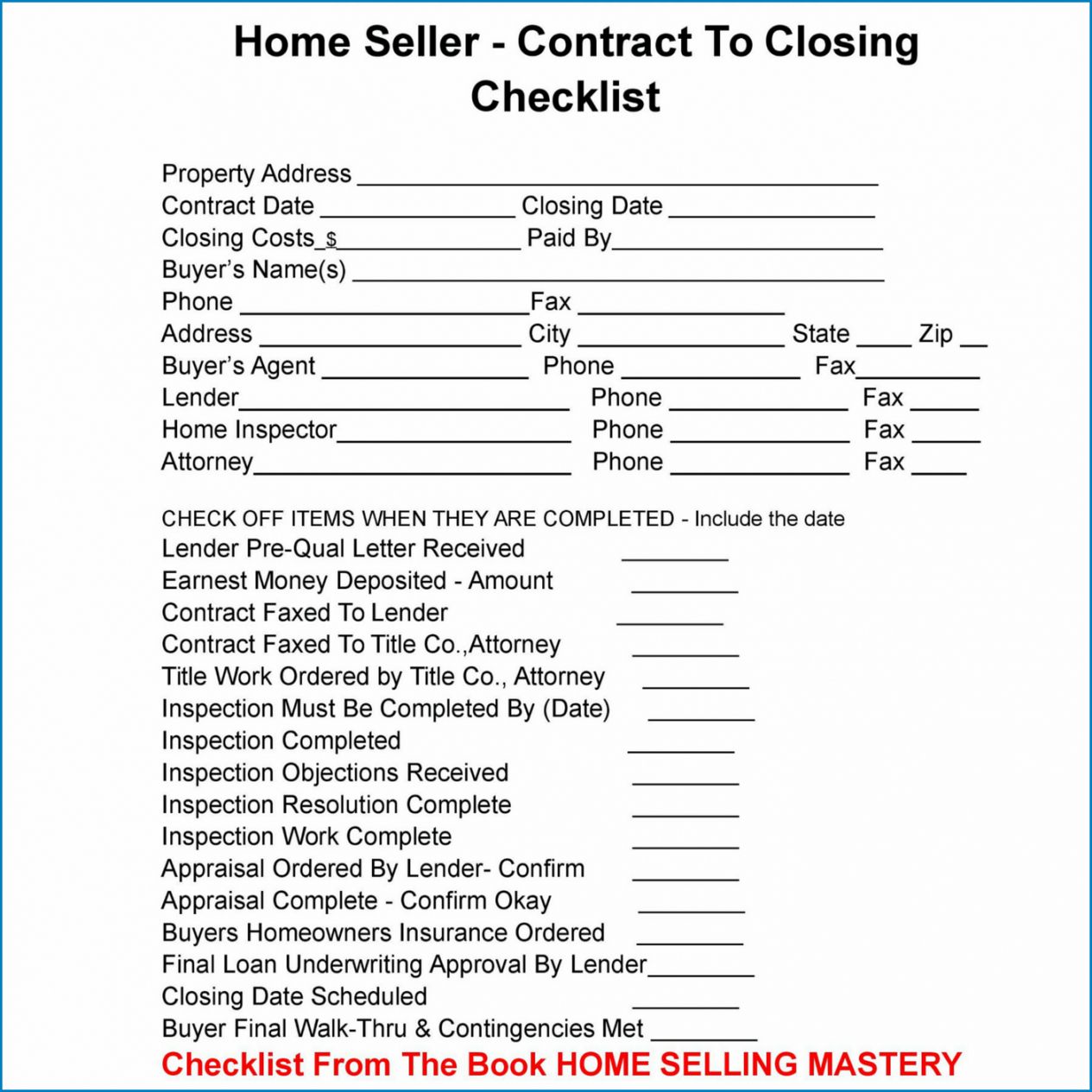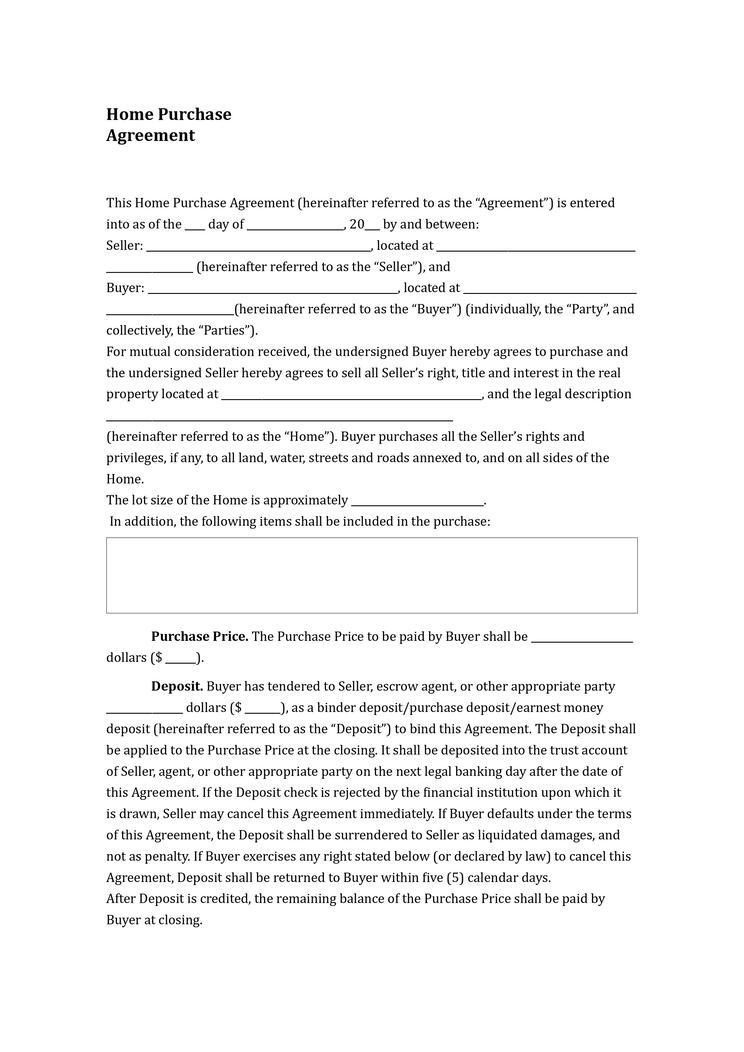Essential Documents: Selling Property By Owner Checklist

When you decide to sell your property on your own, bypassing the traditional real estate agent, the journey can seem daunting. However, with the right preparation, knowledge, and tools, selling your property by owner (For Sale By Owner, or FSBO) can be a rewarding experience. This checklist will guide you through the essential documents and steps you need to ensure a smooth, legal, and successful sale.
Initial Preparations

- Property Deed: Verify that you have a copy of the property deed, which confirms your ownership. This document will be needed during the sale process to transfer ownership.
- Home Inspection: Although not a document per se, having your home inspected by a professional can provide potential buyers with peace of mind and you with a list of repairs or improvements needed.
- Disclosures: Understand what local laws require you to disclose about your property’s condition, previous damages, or any legal issues.
Legal and Financial Documents

- Purchase Agreement: Draft or acquire a template for a purchase agreement. This document details the terms of the sale including price, deposit, closing date, etc.
- Title Report: Obtain a title report to confirm there are no liens or other issues that could complicate the sale.
- Mortgage Payoff Statement: If there’s an existing mortgage, request a payoff statement from your lender to understand exactly how much is needed to clear the mortgage.
- Settlement Statement: This document details all financial transactions during the closing. It’s beneficial for both parties to know where every penny is going.
🚨 Note: Ensure that all documents are signed and dated properly to avoid future legal disputes.
Marketing Materials

- Professional Photography: High-quality images can make your listing stand out. While not a document, it’s a crucial part of your marketing strategy.
- Brochure or Flyer: Detail your home’s best features in a visually appealing format to hand out to potential buyers.
- Seller’s Disclosure Statement: This legally binding document where you disclose known issues with the property.
During the Sale Process

- Offers: Keep a record of all offers received. Review them thoroughly, and acknowledge receipt in writing.
- Counter Offers: Be prepared to negotiate. Document all counter offers and agreements.
| Document | Purpose |
|---|---|
| Deed | Proves ownership and is used for transfer during sale. |
| Inspection Report | Provides buyers with information on property condition. |
| Disclosure Statement | Legally required to disclose known issues with the property. |

Closing Steps

- Preliminary Title Report: Review the preliminary title report to ensure no new liens or encumbrances have been added since your title report.
- Transfer Documents: Documents like the Deed of Transfer, Bill of Sale, and possibly an Affidavit of Title are necessary to legally transfer the property.
- Closing Documents: Prepare or gather documents like the HUD-1 Settlement Statement or Closing Disclosure, and any Power of Attorney if you’re not attending the closing.
Remember, selling a property by owner isn't just about the price; it's about ensuring the process is legal, transparent, and above all, effective for all parties involved. By meticulously preparing, understanding the legal requirements, and handling negotiations with professionalism, you can navigate the sale with confidence.
In summary, having all the necessary documents ready before, during, and after the sale can significantly simplify the process, protect your interests, and provide a clear path to a successful sale. While it might seem overwhelming, each document serves a distinct purpose in ensuring a smooth transaction.
Do I need a real estate attorney for a FSBO sale?

+
While not always mandatory, hiring a real estate attorney can provide legal protection and guidance through the complexities of property law.
What if I don’t know how to draft legal documents?

+
There are online templates available, but for critical documents like the purchase agreement, consulting with a legal professional might be necessary.
Can I skip a home inspection?

+
Skipping a home inspection might save money upfront, but it could lead to unforeseen costs or deal-breaking issues for buyers later on.